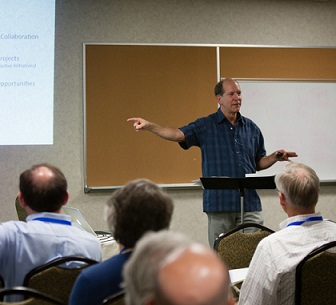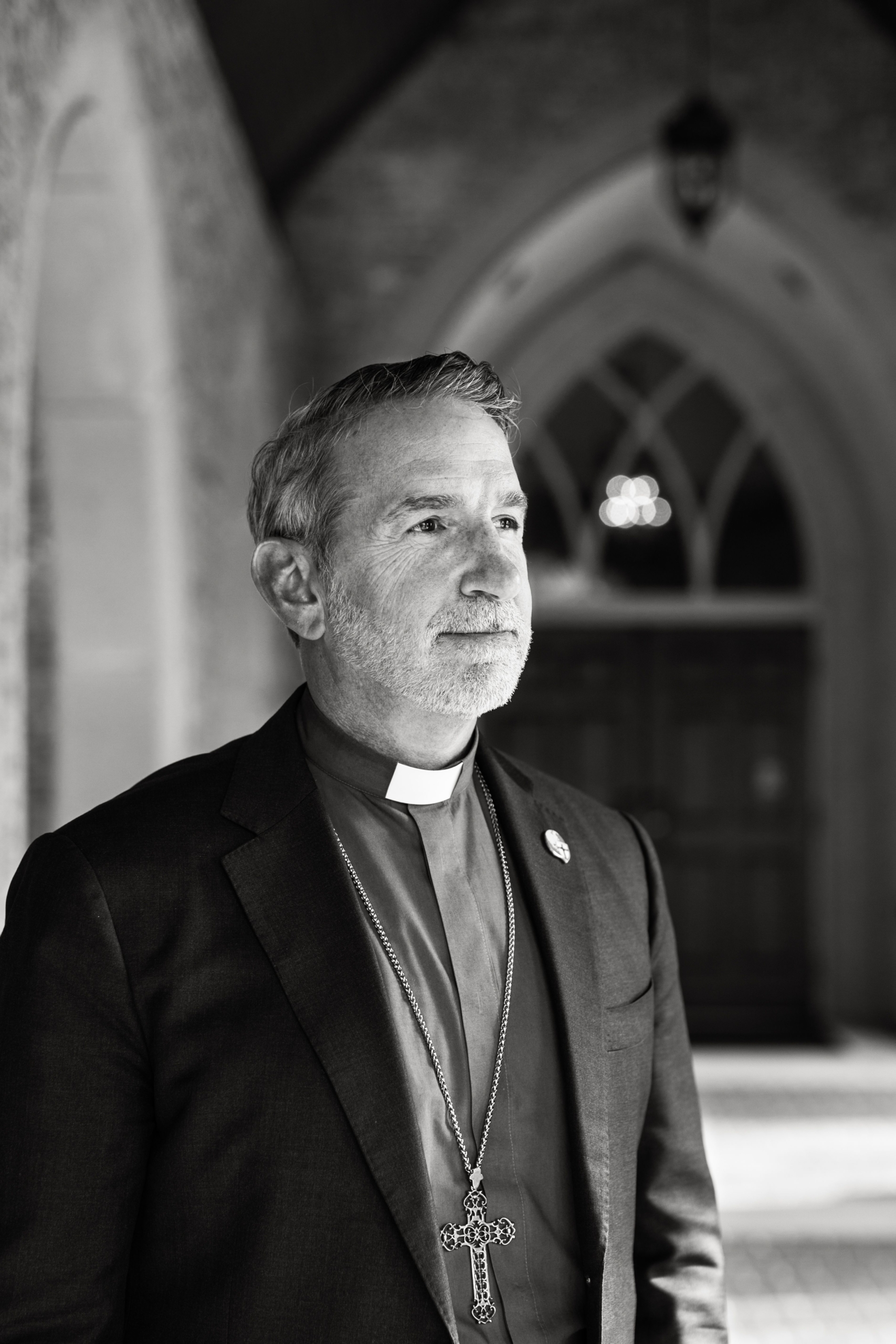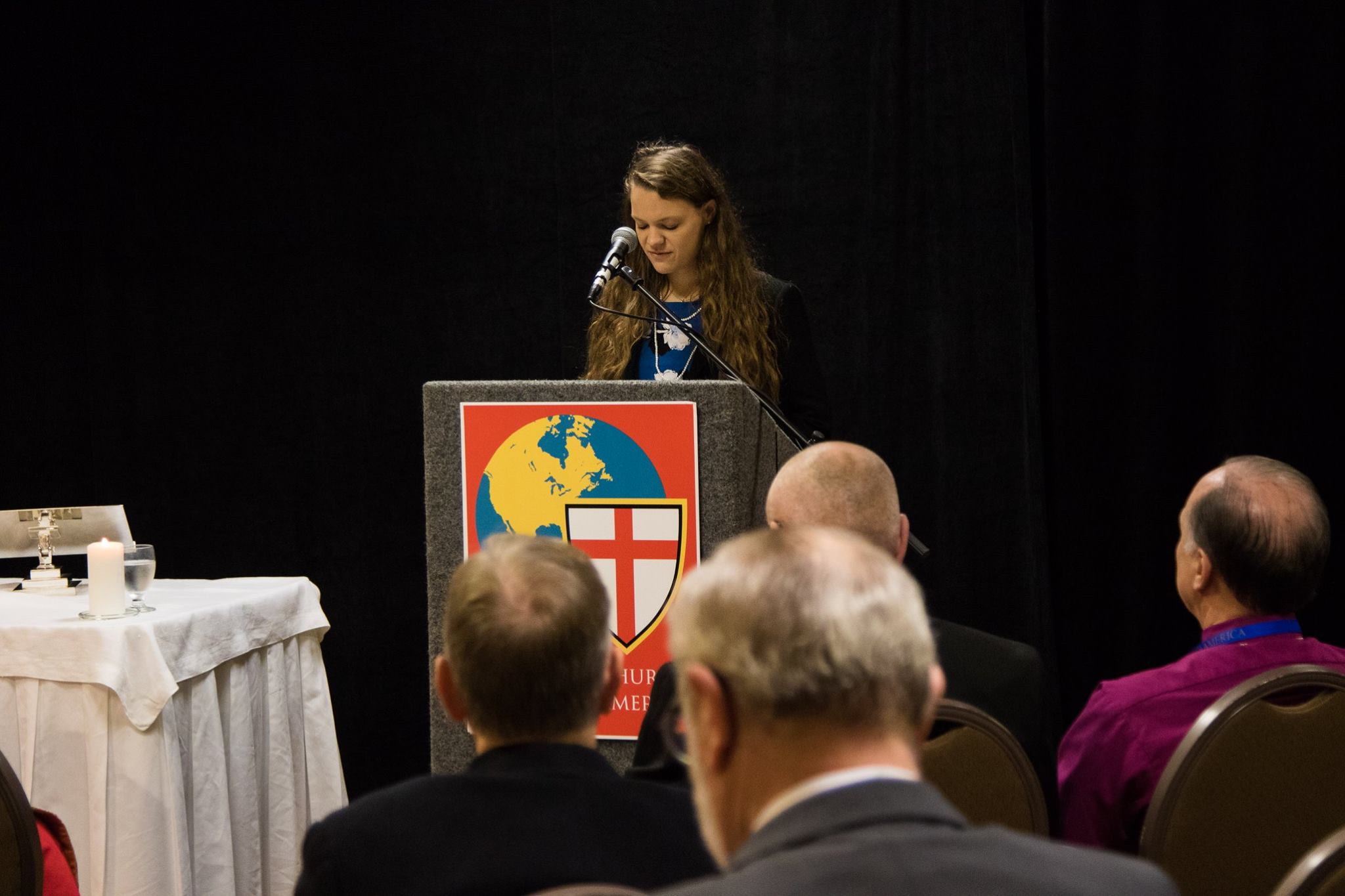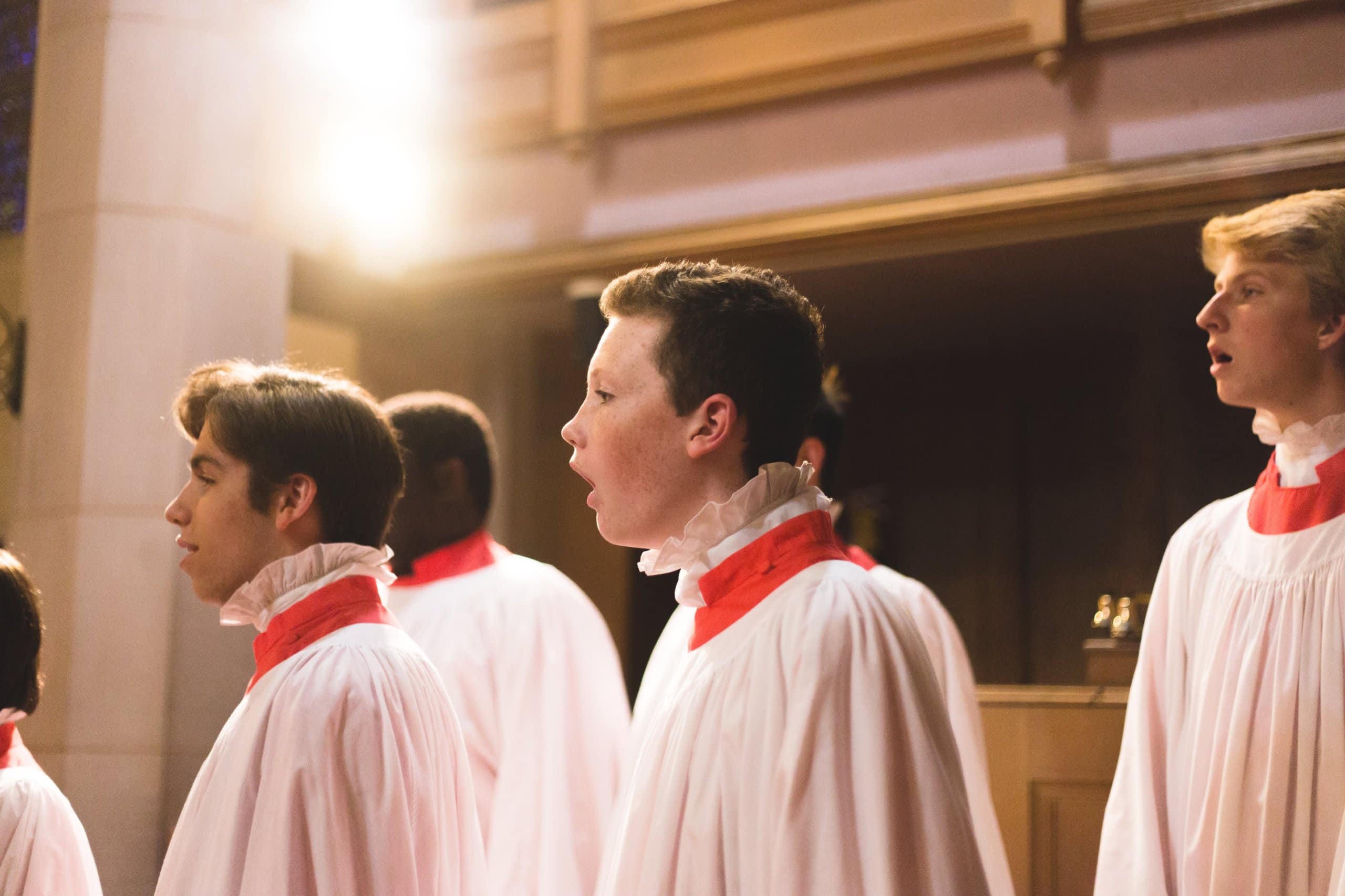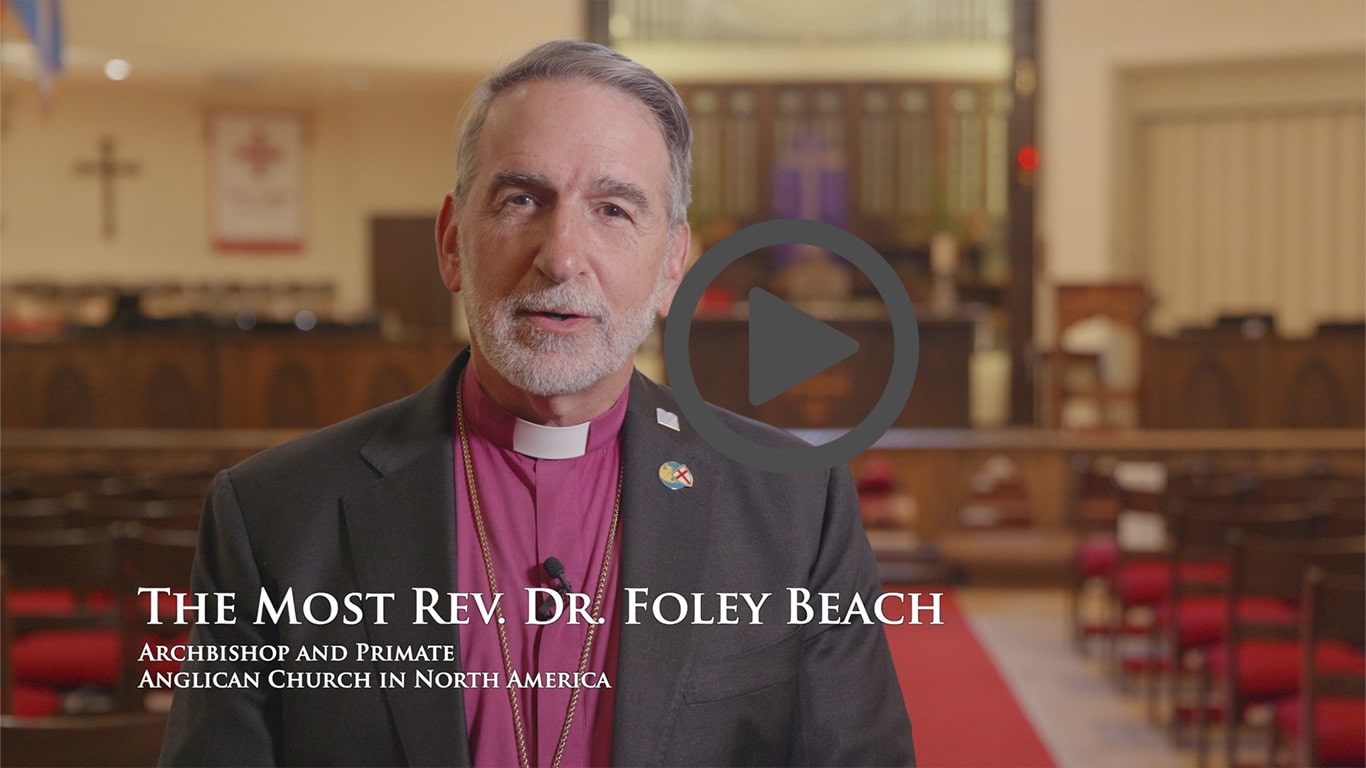By Bruce Colville
I left the Anglican Church in North America Assembly personally challenged and spiritually directed by the teaching, worship and speakers. I was strengthened by the fellowship and the different opportunities to meet and talk with so many friends, old and new. I believe they support a mission focus on disaster relief and the work I have been called to do. I was helped by their interaction and support.
On Friday afternoon, I had the opportunity to lead one of the workshops in the “transforming communities” track. It was called “Your Local Church: The Transforming Community in Disaster Response and Relief.”
I believe my mission is to prepare and preserve the local church to be an intact ministering community (regardless of the weather). If there was any doubt that the local church and its individual members are called to be the ministering, missional agents of the Gospel in our world – beginning with our neighbors just beyond our front doorsteps – that question was long gone by Friday afternoon. Half of my presentation and discussion had already been thoroughly covered in the succession of powerful messages from Bishops Ponniah, Hunter and Dr. Stetzer. Instead, I skipped forward to the heart of the matter: disaster response and relief.
In order for the local church to be prepared and preserved to minister we need to be in contact, in communication and committed to serve. To be a local church we must be in contact with our neighbors, our towns and cities. This also means that we need to be contactable and we discussed many practical approaches to both sides of this word “contact.”
Communication also works in two complementary ways. Two things happen immediately in any disaster or tragedy: chaos and a loss of communication. Our ability to be a ministering community hinges on our ability to be in communication.
It is a given that the head (leadership) is responsible to communicate with the members of the body. It is equally important that the members of the body understand their responsibility to communicate with the head. The church that is practiced at communicating and working together will instinctually come together to minister and serve when chaos and confusion set in. Finally, the local church is committed to preserving its resources and property to serve the needs of our neighbors for the sake of Christ and the Kingdom.
This final step involves prudent steps in planning, from protecting valuable information and resources to emergency evacuation if necessary. Within every congregation are groups of skilled and talented people who may want to serve in specific ways: emergency medicine, building construction, social care and outreach. We have a great opportunity to mobilize these local groups, build partnerships and share resources with other churches. We can and should be ministering to communities wherever there is need, in times of crisis or simply in our local neighborhood.
The schedule and organization of Provincial Assembly worked very well for introductions, networking, impromptu meetings and discussions. It was clear from the feedback at my workshop and talking with bishops, priests, men and women from all over the country that we Anglicans are excited about our call as a missional church planting movement and to reach North America with a Gospel that both proclaims and demonstrates the transforming love of Jesus Christ.
About Bruce Colville
After a 20 year career in New York theatre, Colville became involved in overseas missionary work within the Anglican Communion. In 2004 and 2005, he made two trips to work in Central Africa. Since then, Colville has assisted with numerous disaster response and relief efforts including the Haiti earthquake, North Alabama tornadoes, Nashville flooding and hurricanes Katrina, Gustav, Ike and Irene. Colville lives in Nashville, Tenn., with his wife, Cindy. Click {encode=”BruceColville@Gmail.com” title=”here”} to contact him.
Photo caption: Colville leads a “transforming communities” workshop at Provincial Assembly 2012.
